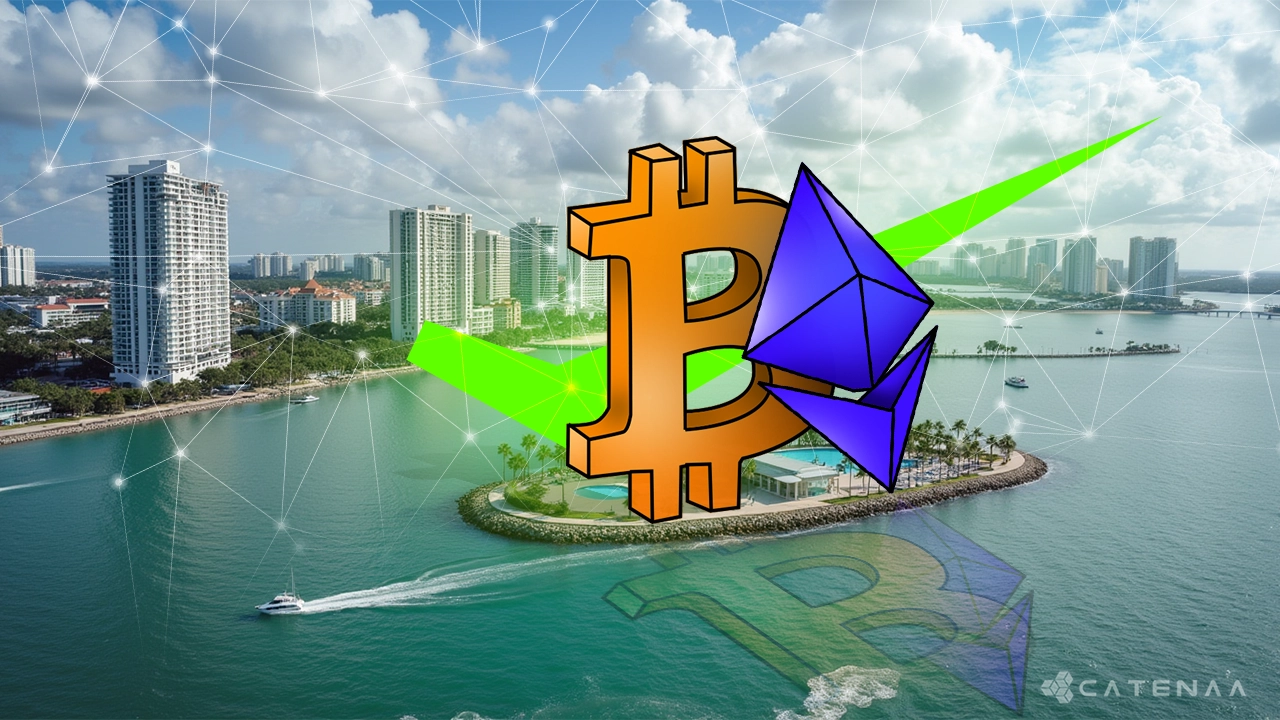Catenaa, Friday, April 18, 2025- El Salvador ambitious Bitcoin experiment appears to be losing momentum, with 89% of registered Bitcoin service providers now inactive, according to data reviewed by EFE from the Central Reserve Bank.
Of the 181 registered providers, only 20 remain active, including state-run Chivo Wallet, Crypto Trading & Investment, and Fintech Americas.
The remaining 161 are classified as “non-operating,” and at least 22 of them have failed to comply with Article 4 of the Bitcoin Law Regulations, which mandates anti-money laundering protocols, financial transparency, and cybersecurity standards.
This revelation casts doubt on the sustainability of El Salvador’s Bitcoin ecosystem, which began with global fanfare in 2021 when the nation became the first to adopt Bitcoin as legal tender alongside the U.S. dollar.
The government has since scaled back parts of the Bitcoin Law following a $1.4 billion agreement with the International Monetary Fund (IMF), removing Bitcoin’s legal tender status and ending mandatory acceptance of the cryptocurrency.
President Nayib Bukele’s administration however continues to purchase Bitcoin, amassing more than 6,100 BTC, now valued at over $500 million — a move critics warn may jeopardize IMF support.
Despite the challenges, Bukele remains focused on turning El Salvador into a regional tech hub. He recently met with Andreessen Horowitz co-founders to explore AI investment opportunities, as the government offers zero tax incentives for tech industries and pushes forward with the Bitcoin City Airport project.


